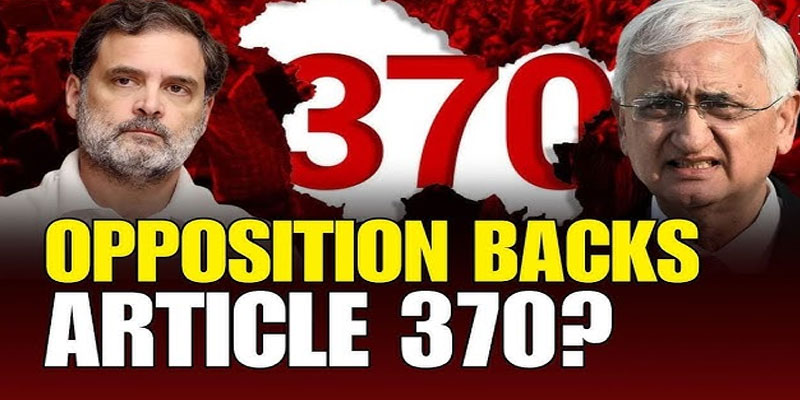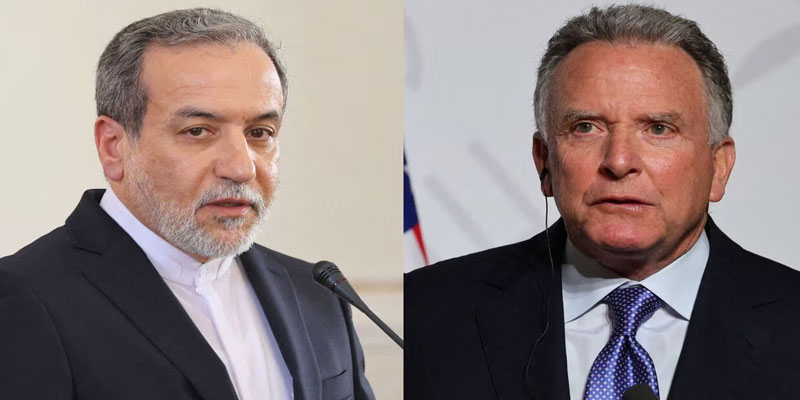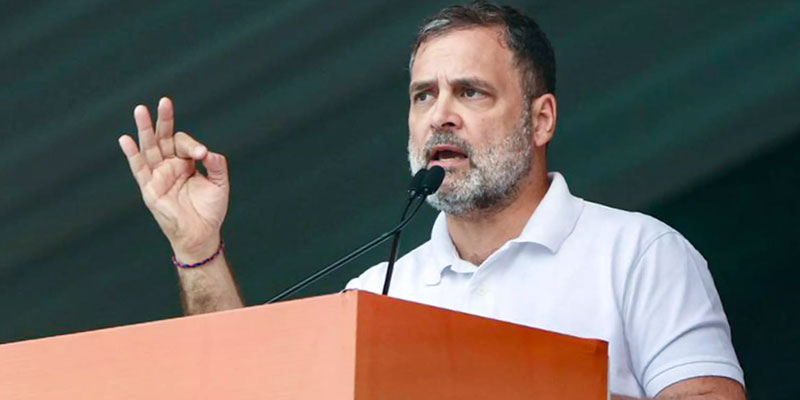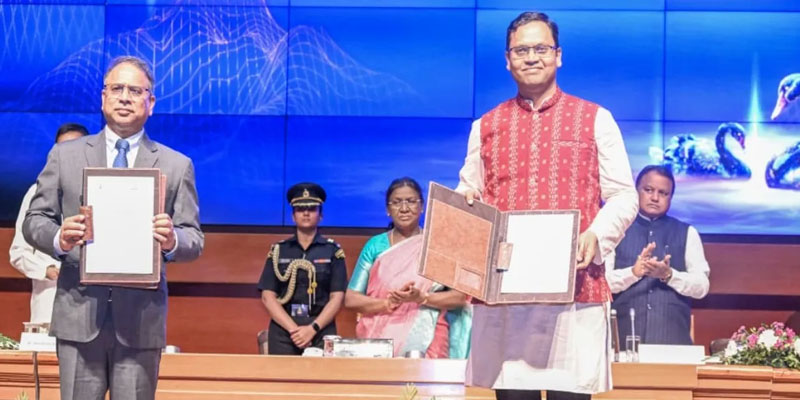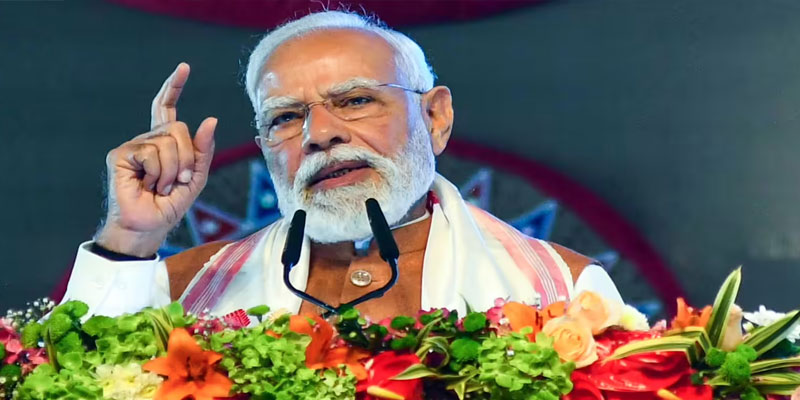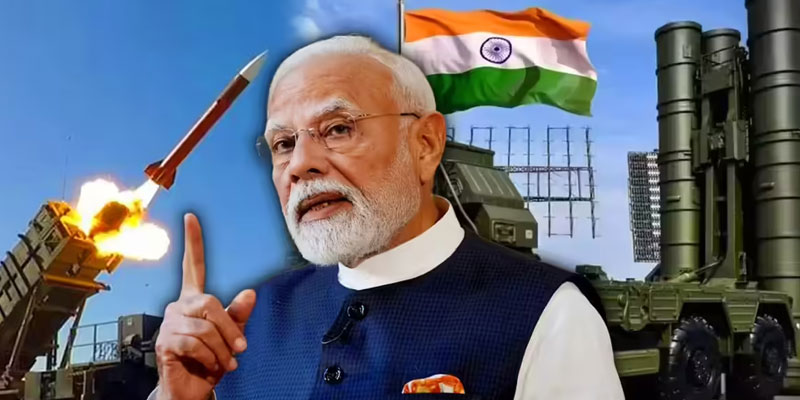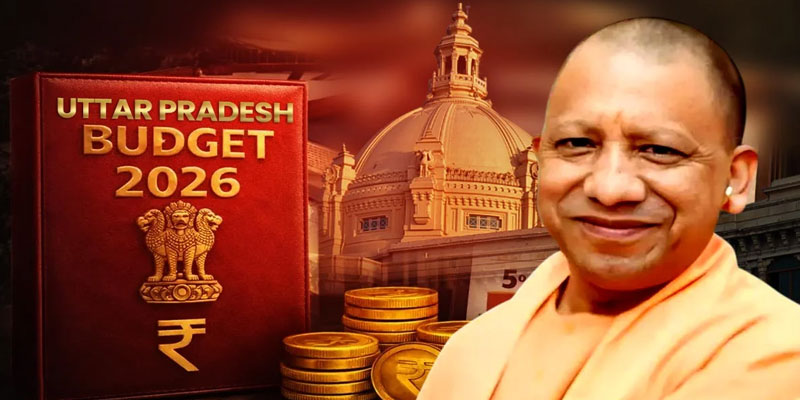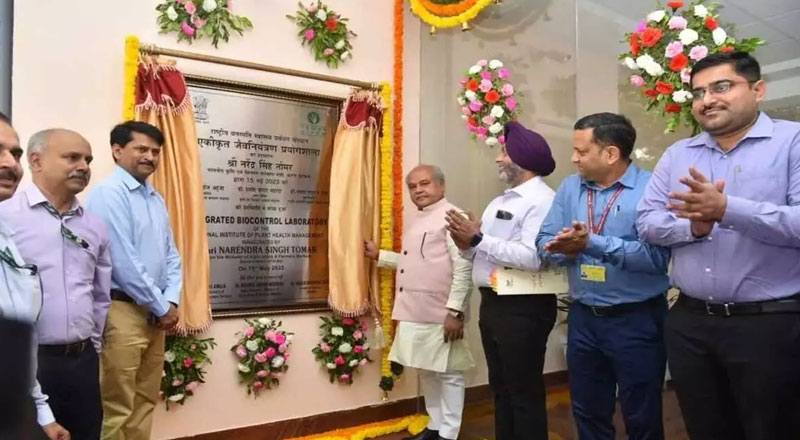Khurshid Praises Scrapping of Article 370
Senior Congress leader Salman Khurshid, in a striking departure from his party’s earlier stance, hailed the abrogation of Article 370, asserting that the historic move has ushered in a new era of development and integration for Jammu and Kashmir. His comments came during a diplomatic outreach in Jakarta, Indonesia, as part of an all-party Indian delegation engaging with regional think tanks and academics.
Understanding Article 370 and Its Legacy
Article 370, embedded in the Indian Constitution, conferred special autonomous status to the erstwhile state of Jammu and Kashmir. For decades, it acted as both a legal and psychological barrier between Kashmir and the rest of India, often cited as a contributing factor to separatist sentiments and limited economic growth. Successive governments hesitated to revoke it due to geopolitical sensitivities and fears of unrest.
Modi Government’s Bold Move
In August 2019, Prime Minister Narendra Modi’s government took the unprecedented step of abrogating Article 370, effectively removing Jammu and Kashmir’s special status and bifurcating it into two Union Territories. The move was presented as a means to bring uniformity, promote development, and curb terrorism in the region. The government cited national security concerns, economic stagnation, and a need for greater integration as justifications for the decision.
Congress’s Divided Response
While the Congress party officially criticized the manner and timing of the abrogation, citing a lack of democratic consultation, Khurshid’s recent remarks reflect an evolving internal discourse. Speaking to Indonesian audiences, Khurshid acknowledged the historical baggage associated with Article 370 and labeled it a “major problem” that had finally been resolved. He also pointed to high voter turnout and a functioning elected government in the region as signs of progress and normalization.
Pakistan’s Reaction and Regional Implications
Khurshid used the Jakarta platform to counter Pakistan’s persistent narrative on Kashmir, which seeks to internationalize the issue. He noted that Pakistan continues efforts to reverse the changes, but emphasized that India’s sovereignty and internal decisions are non-negotiable. He also dismissed comparisons between India and Pakistan, stressing that India should not be "reduced to the size and stature" of its neighbor.
“We are not greedy for their territory,” Khurshid said, “we only want to preserve and protect ourselves.” He underscored India's aspirations for global leadership, rooted in pluralism, democracy, and peaceful coexistence.
A Shift in Political Narrative?
Khurshid’s endorsement of Article 370’s abrogation marks a notable moment in Indian political discourse. It suggests a potential shift toward bipartisan consensus on key national issues, especially concerning national security and territorial integrity. The emphasis on electoral participation and governance in Kashmir is also a subtle response to critics who feared disenfranchisement and authoritarianism post-2019.
Towards Unity and Development
The abrogation of Article 370 remains one of the most consequential decisions in recent Indian history. While it was met with both domestic resistance and international scrutiny, voices like Khurshid’s indicate that the outcomes — improved voter participation, economic activity, and reduced militancy — may be shifting the narrative. In the end, true national integration will depend not just on constitutional measures but on sustained development, inclusive governance, and respect for regional identities within a united India.
(With agency inputs)


